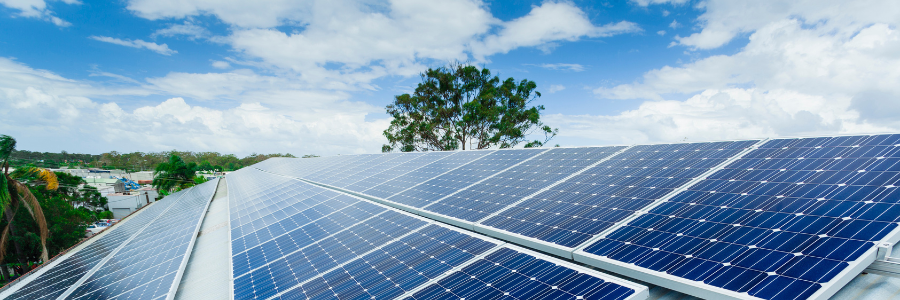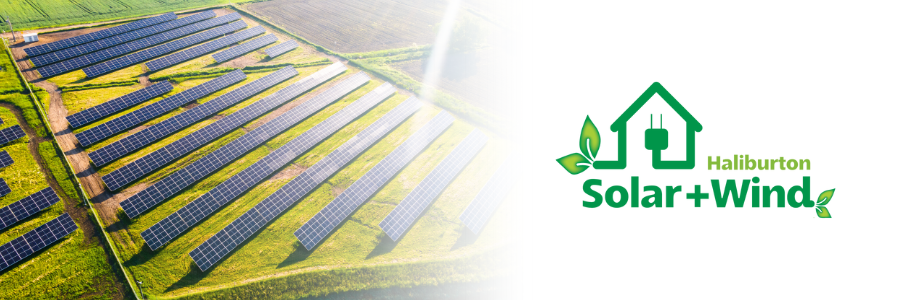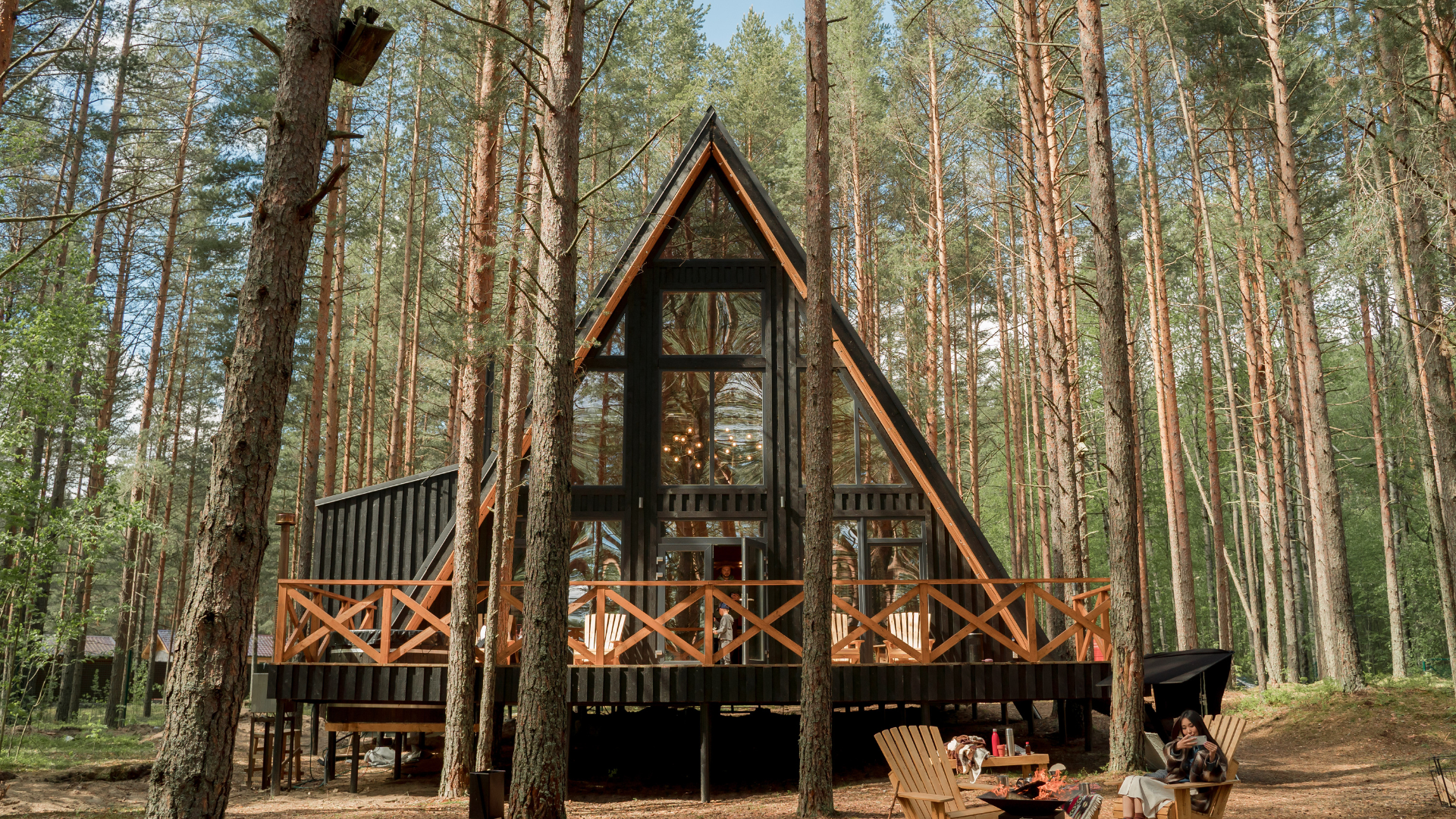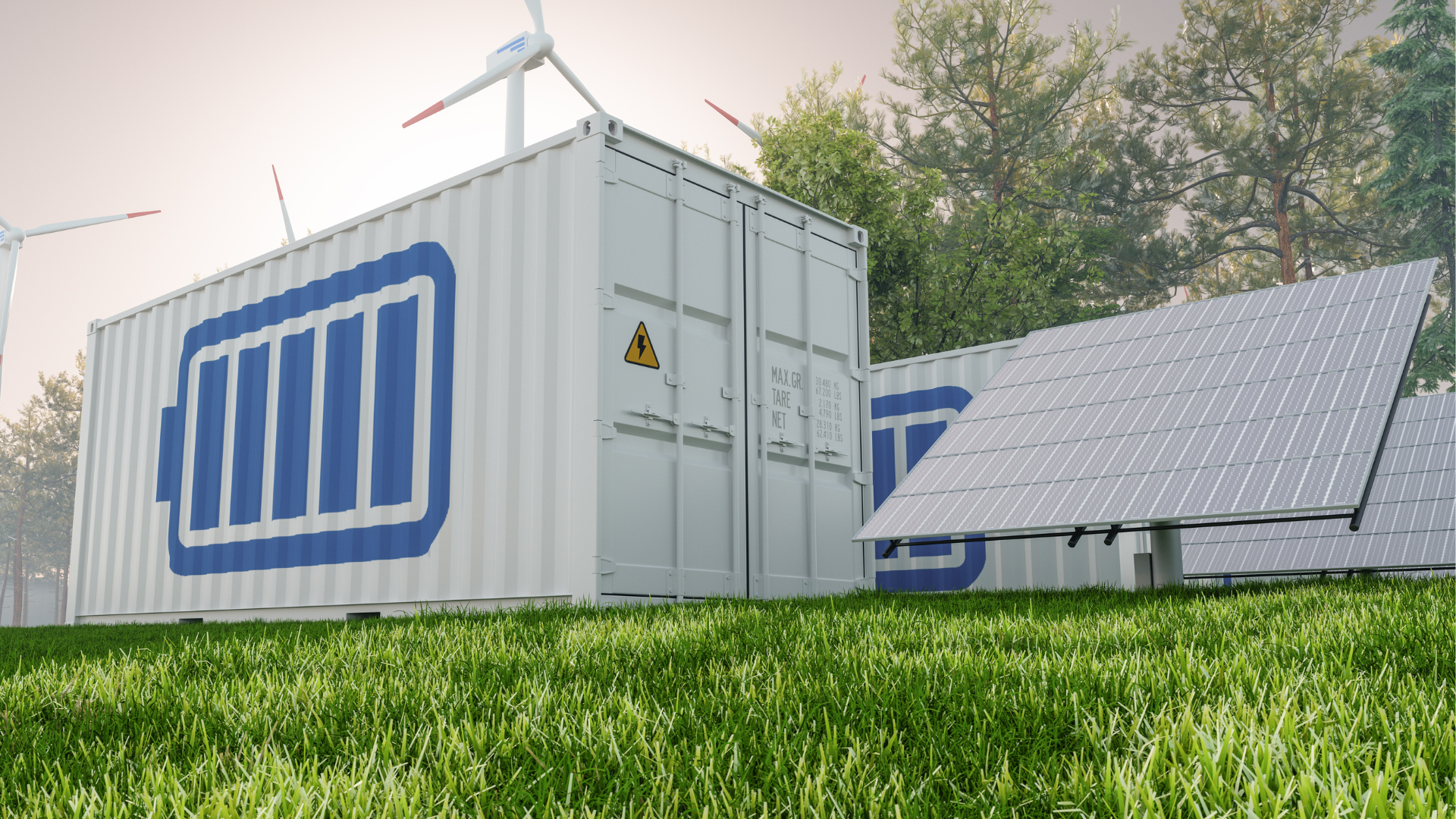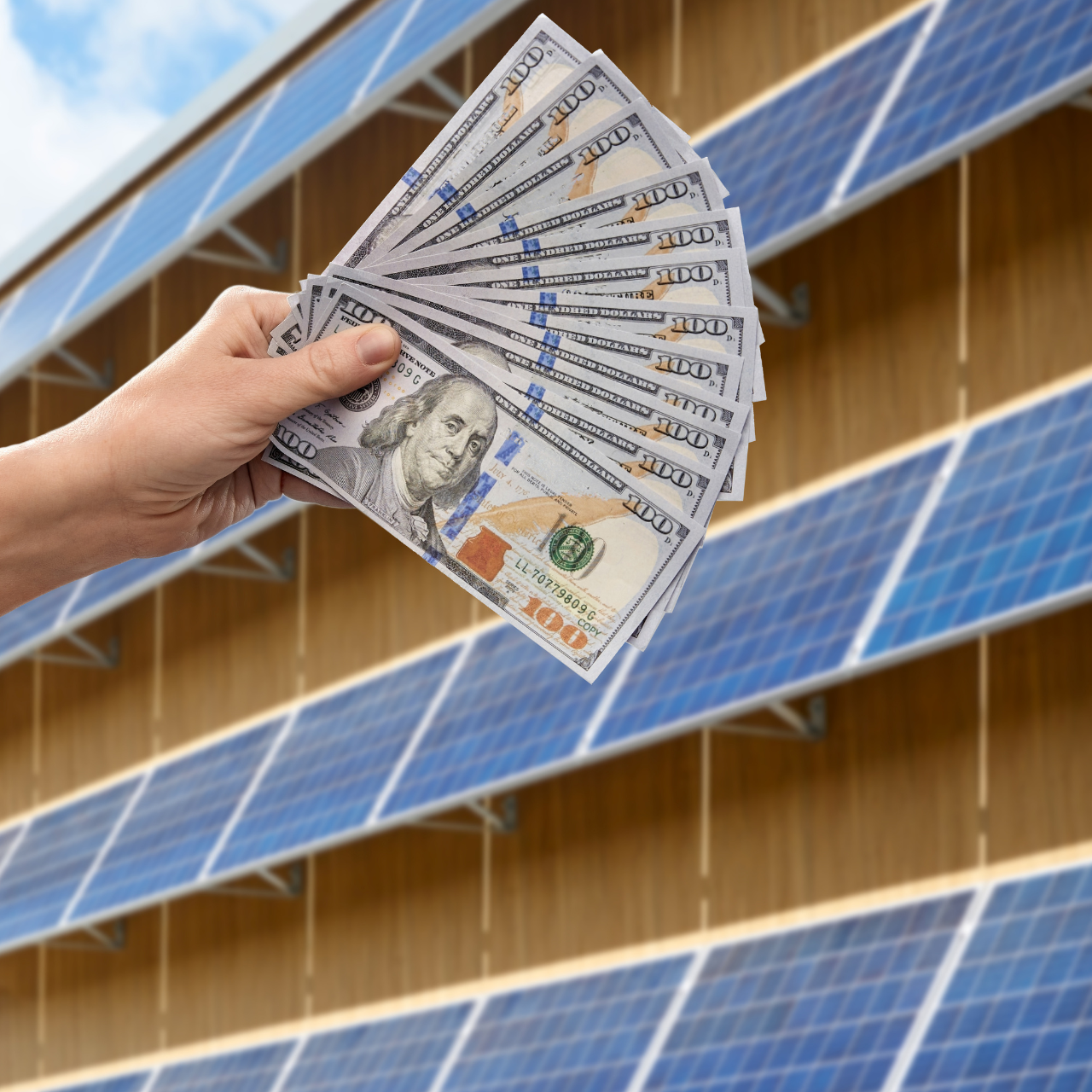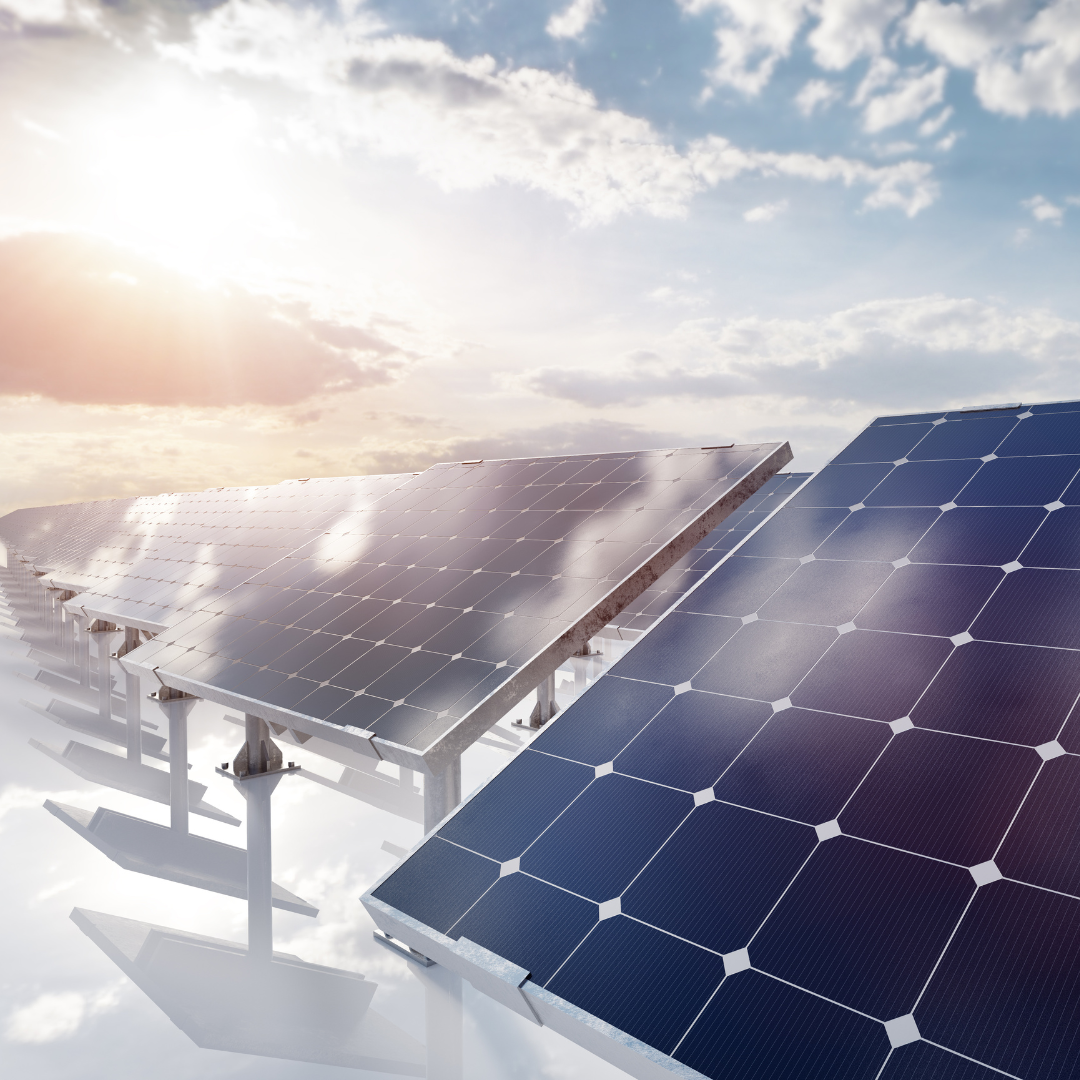How Much Do Solar Panels Save Homeowners in 2020?
Are solar powers worth it? How much do solar panels save? Read our article to find out you will save if you switch over to the sustainable option.
The cost of solar electric installations continues to drop year after year. This ongoing trend makes investing in a solar system for your home an increasingly wise economic decision.
You know electricity prices are on the rise and the cost of solar power is declining, but how much do solar panels save the average homeowner in 2020?
A little over ten years ago, in 2009, the average cost of a solar panel installation was at $8.50 per watt. Installing solar electricity for the average home in the first quarter of 2020 has dropped to $2.91 per watt.
Solar power is the smart money-saving solution for your energy needs now and in the future. How much do you save with solar panels? Read on to find out.
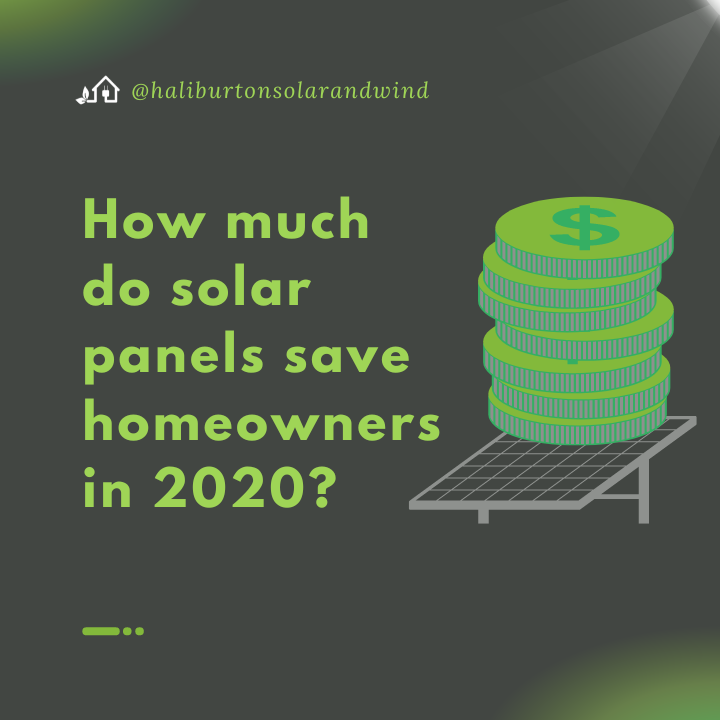
How Much Do Solar Panels Save on Electric Bills?
Exactly how much savings depends on a variety of factors such as the location of the home, the cost, and size of the solar panel array and equipment, how much energy consumed, as well as the cost of the installation. Looking at one defining factor over others can be misleading.
Areas in the world that receive more sun per day may at first appear to be an ideal candidate for solar. This is not always the case. If the cost of grid electricity is already low in the area, switching to solar electric could save less on electricity when compared to an area with less sun but much higher electric utility costs.
Installing solar panels for a home is a long term investment. We compare the initial setup cost of the system against the accumulated savings from not buying electricity from the grid. The longer the life of the solar panel the more years of savings.
With current solar panel technology, homeowners can expect to supply their electric needs for 30+ years before having to replace the solar panel array. A higher-quality system will cost more to set up, but the higher efficiency and longer life expectancy of the panels may increase savings.
Working Out the Numbers
| Description | Value |
|---|---|
| Average cost of residential electricity in Canada (2020) | $0.14 per kWh |
| Average household electricity consumption | 11,135 kWh per year 928 kWh per month |
| Average monthly electricity cost | $130 |
| Total cost over 30 years for average household electricity | $46,800 |
| Cost of 10 kWh solar electricity system installation | $29,100 |
| Solar panels' lifespan | 30+ years |
| Estimated savings with solar panels over 30 years | $17,700 |
| Potential variability | These figures are approximate estimates. Individual costs and savings may vary. |
| Additional information | Each solar project is unique, and specific site assessments are available for accurate cost analysis. |
To simplify the math we will use the average cost of residential electricity in Canada, which is $0.14 per kWh in 2020.
The average Canadian household consumes 11,135 kWh a year or 928 kWh a month of electricity at an average cost of $130 a month. That means the average family in Canada will spend $46,800 over the next 30 years. Even more, if electricity rates continue to rise.
A 10 kWh solar electricity system, costing a total of $2.91 a watt to install, requires an initial investment of $29,100. The solar panels will supply electricity to the home for 30+ years.
To calculate the savings we subtract the cost of the solar system installation from the projected cost of 30 years of electricity if bought from the utility company. How much do you save with solar panels? You will save an estimated $17,700 in savings over the lifetime of the solar panel array.
These numbers are rough estimates but serve to answer the question of how much do solar panels save on electricity bills? Every solar project is different, and individual costs will vary. Learn more about your home site needs with our free site assessment.
Off-Grid vs. GridZero or Net Metered
Depending on the needs of the individual homeowner, there are three basic options or types of solar panel installations. Some systems require less equipment than others adding to the potential savings.
GridZero
While still connected to the utility grid, GridZero solar systems seek to use only electricity produced by the solar panels. Grid power is still available in case of spikes in usage.
These smart energy systems use a smaller, less expensive inverter and battery bank. With GridZero, homeowners can seek to lower their energy costs by dialing back their electricity consumption at the same time keeping the grid as backup power.
GridZero only draws AC from the grid when loads on the DC battery bank exceed preselected values. A smaller, less expensive solar system can be installed to significantly cut the cost of the home’s electric utility bill, if not eliminate it.
Net Metered
Solar electric systems that connect through the meter and to the utility grid both feed and draw electricity from the power company. as per the energy demand on the system at any given time. This process is called net metering.
When using less power than the solar panels are producing, the excess energy feeds back to the grid. The meter runs backward producing an energy credit for the homeowner.
Net metered systems may have, but do not need battery banks. This makes the initial investment less and potential savings more. Unfortunately, without a battery bank to store energy, a utility power outage means no solar power as well.
Homeowners still receive a bill from their utility company. However, they may not owe anything and are informed that due to net metering, the Utility company owes them in the form of an energy credit.
Take Back Control
How much do solar panels save on electricity cost in 2020? More than enough for homeowners everywhere to consider joining the solar electric movement.
Investing in solar electricity for a home’s energy needs is no longer only about saving the planet, but more about saving money. It’s safe to say, going solar makes dollars and sense. Contact Haliburton Solar and Wind NOW and secure your energy future!
